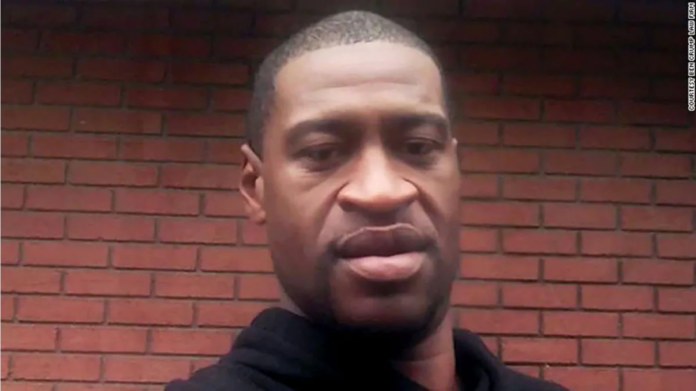Former Minneapolis police officer Derek Chauvin was found guilty on all three charges in the murder of George Floyd. The jury found Chauvin guilty of second-degree murder, third-degree murder, and second-degree manslaughter.
Chauvin faces up to 12 and a half years on either second-degree unintentional murder or third-degree murder according to sentencing guidelines. Second-degree manslaughter has a maximum four-year sentence. Aggravating factors could determine a longer sentence of up to 40 years.
George Floyd’s brother, Philonise Floyd, was in the courtroom to hear the verdict. Floyd’s family and their attorney Benjamin Crump released a statement in the aftermath of the guilty verdict. It can be read in full below.
“Painfully earned justice has arrived for George Floyd’s family and the community here in Minneapolis, but today’s verdict goes far beyond this city and has significant implications for the country and even the world. Justice for Black America is justice for all of America.
This case is a turning point in American history for accountability of law enforcement and sends a clear message we hope is heard clearly in every city and every state. We thank Minnesota Attorney General Keith Ellison and his team for their fierce dedication to justice for George,” the statement continued.
But it does not end here. We have not forgotten that the other three officers who played their own roles in the death of George Floyd must still be held accountable for their actions, as well.”
The sequestered jurors began their deliberation on Monday for four hours and resumed on Tuesday when they rendered their judgment later in the day.
Chauvin, 45, was charged with second-degree unintentional murder, second-degree manslaughter and third-degree murder. He pled not guilty to all the offenses.
Judge Peter Cahill presided over Chauvin’s trial that began on March 29 with opening statements from the state and defense. The prosecution called 38 witnesses and experts which took 11 days to demonstrate that Chauvin’s actions led to Floyd’s death.
In comparison, the defense only utilized two days and sought to lay blame for Floyd’s death on other factors such as heart failure and inhaling carbon monoxide. Chauvin invoked his fifth amendment and opted not to testify in his defense.
Floyd died on May 25, 2020 in Minneapolis after Chauvin placed his knee on the 46-year-old’s neck for almost nine minutes as a crowd watched. The bystanders urged Chauvin to release his hold but he did not yield. Floyd could be heard on now viral footage pleading for help and insisting that he couldn’t breathe as his face was shoved against the pavement. However, Chauvin did not lift his knee on Floyd’s neck even after he lost consciousness.
The Hennepin County Medical Examiner’s Office concluded that Floyd’s death was a homicide and that “cardiopulmonary arrest complicating law enforcement subdual, restraint, and neck compression.” An independent autopsy requested by the family showed that his death was due to “asphyxiation from sustained pressure.”
Prosecutor Steve Schleicher humanized Floyd and referenced Floyd’s final moments during the closing arguments of the trial on Monday.
“George Floyd’s final words on May 25, 2020, were: ‘Please, I can’t breathe.’ He asked for help with his very last breath,” Schleicher said. “This was a call about a counterfeit $20 bill. All that was required was compassion.”
Eric Nelson, Chauvin’s defense attorney, repeatedly used the phrase “reasonable police officer” to describe his client’s actions. Nelson insisted that Floyd’s heart condition and illegal drugs in his system were the primary causes for Floyd’s death. Nelson also criticized the state’s focus on Chauvin kneeling on Floyd’s neck for more than nine minutes.
“It’s not the proper analysis,” Nelson said. “Because the nine minutes and 29 seconds ignores the previous 16 minutes and 59 seconds [of the police interaction with Floyd]. It completely disregards it. It says in that moment, at that point, nothing else that happened before should be taken into consideration by a reasonable police officer. It tries to reframe the issue of what a reasonable police officer would do.”
Nelson continued, “A reasonable police officer would in fact take into consideration the previous 16 minutes and 59 seconds.”
The jurors were ultimately swayed by the evidence presented by the prosecution. The jury was compromised of six white women, three Black men, two mixed women, three white men and one Black woman.
Story & Photo Credit: Stephanie Guerilus/thegrio



































